
The FDA granted fast track designation to the novel “switchable” CAR-T cell therapy known as CLBR001 + SWI019 for the treatment of B-cell malignancies.

Your AI-Trained Oncology Knowledge Connection!


The FDA granted fast track designation to the novel “switchable” CAR-T cell therapy known as CLBR001 + SWI019 for the treatment of B-cell malignancies.

The survey revealed that approximately two-thirds of Americans reported that their scheduled cancer screenings have been delayed or skipped due to the COVID-19 pandemic.

The findings from this global, open-label, randomized trial supported the FDA approval of atezolizumab for patients with non-small cell lung cancer with high PD-L1 expression, regardless of histologic type, in May.

The findings from this study are intended to inform the Curriculum for Oncologists on LGBTQ+ populations to Optimize Relevance and Skills (COLORS) Training Program.

According to researchers, these findings suggest “that as long as a person is not smoking at the time of chemotherapy and surgery, they might do better.”

CancerNetwork examines a review article in the September issue of the journal ONCOLOGY discussing precision medicine and molecular profiling for patients with metastatic colorectal cancer.

Among men with advanced prostate cancer, relugolix did not achieve statistical superiority for castration resistance-free survival compared to leuprolide acetate in men with metastatic disease through 48 weeks.

xCures recently announced that the FDA granted its IND immediate Expanded Access Program for the ERK inhibitor ulixertinib to treat patients with MAPK pathway aberrant cancer.

The ATR inhibitor BAY 1895344 appeared promising in patients with a range of advanced, heavily pre-treated cancers in a dose-escalation portion of a phase 1 clinical trial.

The FDA issued the final guidance in order to help improve the information available to patients and health care providers about the risks of breast implants.
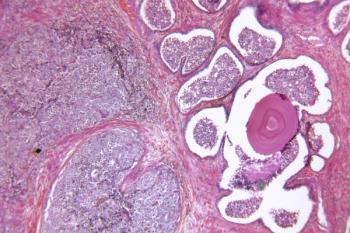
TLX591-CDx (illumet) is a radiopharmaceutical targeting prostate-specific membrane antigen intended for the imaging of prostate cancer using positron emission tomography.

These study findings suggested that topical minoxidil and procedural interventions may aid in the treatment of persistent radiation-induced alopecia among patients with primary central nervous system tumors or head and neck sarcomas.

This study found that among clinical trials in which patients with non-small cell lung cancer were treated with atezolizumab, multiorgan immune-related adverse events were reported in 5.4%.
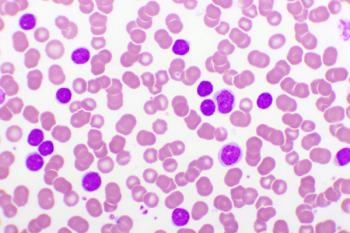
According to researchers, this “group represents more than 20% of children and young adults with ALL, and an increase in attention to adherence, supportive care, and logistics for patients living [more than 50] miles from their treatment center is warranted.”
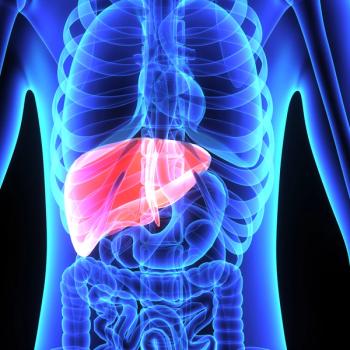
The study is evaluating the efficacy and safety of sintilimab injection in combination with bevacizumab biosimilar injection compared to sorafenib in the first-line treatment of patients with advanced hepatocellular carcinoma.

A subanalysis of the PRIMA/ENGOT-OV26/GOG-3012 trial found that quality of life according to patient-reported outcomes was not reduced despite treatment toxicities in those with ovarian, primary peritoneal, or fallopian tube cancer treated with niraparib versus placebo.
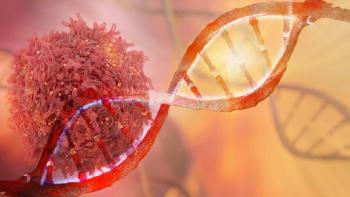
Results from the phase 1/2 ALEXANDER study found the investigational CAR T-cell product AUTO3 in combination with pembrolizumab to have a tolerable safety profile and elicit durable complete responses in patients with relapsed/refractory diffuse large B-cell lymphoma.

Post-operative radiotherapy was associated with a nonstatistically significant increase in disease-free survival in patients with completely resected stage IIIAN2 non-small cell lung cancer and therefore cannot be recommended as a standard of care.
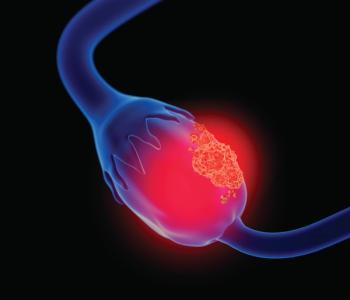
The phase 3 IMagyn050/GOG 3015/ENGOT-OV39 trial indicated that the addition of atezolizumab to bevacizumab and chemotherapy failed to significantly improve progression-free survival in patients with newly diagnosed stage III/IV ovarian cancer.
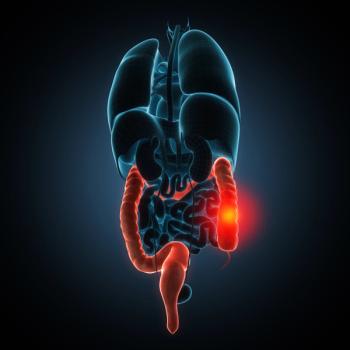
According to researchers, a “better understanding of the heterogeneity of mCRC, including primary tumor location, microsatellite instability (MSI) status, and other clinically actionable tumor mutations, is reshaping the therapeutic landscape.”

Sotorasib showed promising antitumor activity in patients with non-small cell lung cancer that harbor the KRAS p.G12C mutation.
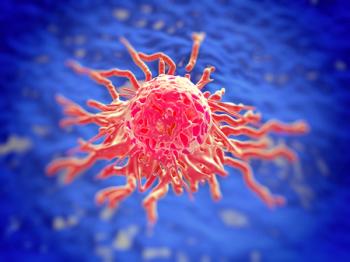
Balstilimab as a single agent and combined with zalifrelimab demonstrated promising objective response rates, regardless of PD-L1 expression, and a tolerable safety profile in patients with recurrent or metastatic cervical cancer.

Researchers suggested these results from CheckMate-274 “point to the potential for nivolumab to become a new standard of care in the adjuvant setting, extending disease-free survival for post-surgery patients with muscle-invasive urothelial cancer without the use of chemotherapy.”
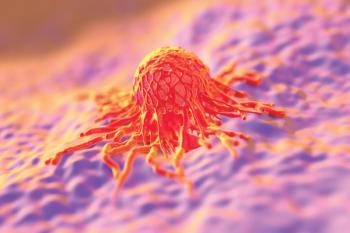
“Results from this study suggest that tisotumab vedotin has the potential to be a new therapy for patients with previously treated recurrent and/or metastatic cervical cancer,” said lead study author Robert L. Coleman, MD, FACOG, FACS.

Hepatic arterial infusion chemotherapy with oxaliplatin, fluorouracil, and leucovorin significantly improved overall survival compared with transarterial chemoembolization in patients with unresectable hepatocellular carcinoma.

The addition of nivolumab (Opdivo) to chemotherapy resulted in a statistically significant improvement in PFS and evoked higher ORRs in patients with previously untreated advanced or recurrent gastric and gastroesophageal junction cancer.

The designation was granted to DKN-01 for the treatment of patients with gastric and gastroesophageal junction adenocarcinoma whose tumors express high levels of DKK1.

Findings from the noncomparative, phase 2, biomarker-driven BIONIKK trial support the use of molecularly-directed frontline therapy as means to enrich responses in patients with metastatic clear cell renal cell carcinoma.
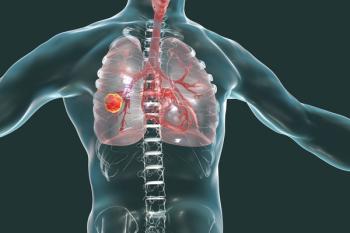
Cemiplimab-rwlc (Libtayo) monotherapy led to a significant improvement in overall survival and progression-free survival in patients with advanced non-small cell lung cancer with PD-L1 expression on at least 50% of their tumor cells.

The submission is based on results from the phase 2 LOTIS 2 clinical trial, which is evaluating the efficacy and safety of loncastuximab tesirine in patients with relapsed or refractory DLBCL following at least 2 lines of prior systemic therapy.